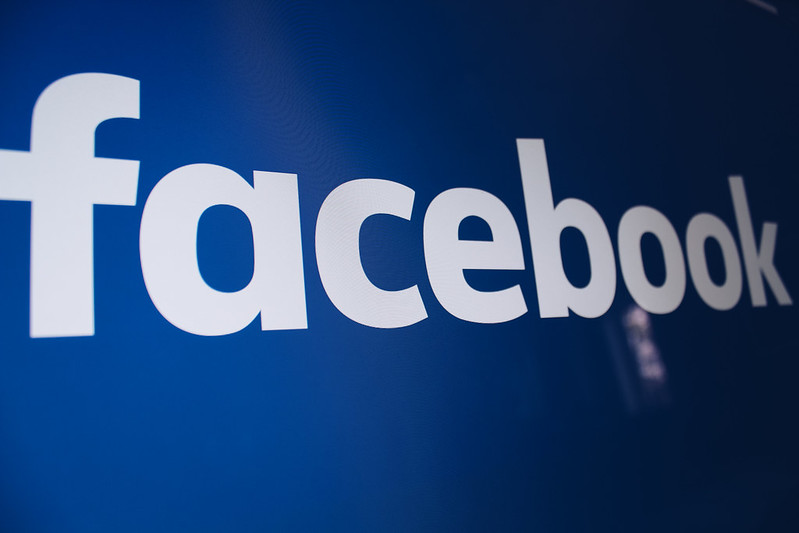 POLICY
POLICY
 POLICY
POLICY
 POLICY
POLICY
Facebook Inc. said today it’s expanding its horizons when it comes to tackling coordinated behavior on the platform that might cause harm.
The social media giant has for a long time cracked down on “coordinated inauthentic behavior,” although Facebook said that alone isn’t good enough. The company now wants to concentrate its efforts to tackle coordinated authentic behavior.
“While our work began with tackling inauthentic operations where people hide who’s behind them, we have also seen authentic actors engage in adversarial and harmful behaviors on our platform and across the internet,” Facebook said in a blog post today. It added that various “threat actors” engage in activities concerning the distribution of harmful content, and while those accounts, Groups or Pages, might look like the real deal – not troll farms – the networks might come across as a bit spammy.
An example given, as reported by Reuters, was the “Stop The Steal” campaign that bounced around Facebook after the U.S. presidential election. Something Facebook realized after that was that it had “little policy around coordinated authentic harm.” Such harm was quite different from the alleged Russian interference on Facebook relating to the 2016 U.S. election.
Facebook explained what authentic bad behavior is: “Coordinated social harm campaigns typically involve networks of primarily authentic users who organize to systematically violate our policies to cause harm on or off our platform.”
It’s now reported that Facebook’s first victim of this new policy is a German anti-lockdown restrictions movement that goes by the name of Querdenken. Under the social harm policy, Facebook removed 150 accounts and pages. Facebook said individuals used multiple accounts to spread information that violated the company’s COVID-19 policy while engaging in bullying, using hate speech and inciting violence.
Facebook said this was not about an individual embracing a particular belief, but a coordinated effort to spread misinformation. “While we aren’t banning all Querdenken content, we’re continuing to monitor the situation and will take action if we find additional violations to prevent abuse on our platform and protect people using our services.” The company added that just “sharing a belief or affinity” won’t result in such a ban if it’s not part of a wider coordinated network.
The latest move by Facebook comes amid a withering series of articles in The Wall Street Journal outlining the company’s focus on upping engagement on the platforms, including Instagram, despite internal warnings that it was harming various groups such as teenagers.
Support our mission to keep content open and free by engaging with theCUBE community. Join theCUBE’s Alumni Trust Network, where technology leaders connect, share intelligence and create opportunities.
Founded by tech visionaries John Furrier and Dave Vellante, SiliconANGLE Media has built a dynamic ecosystem of industry-leading digital media brands that reach 15+ million elite tech professionals. Our new proprietary theCUBE AI Video Cloud is breaking ground in audience interaction, leveraging theCUBEai.com neural network to help technology companies make data-driven decisions and stay at the forefront of industry conversations.